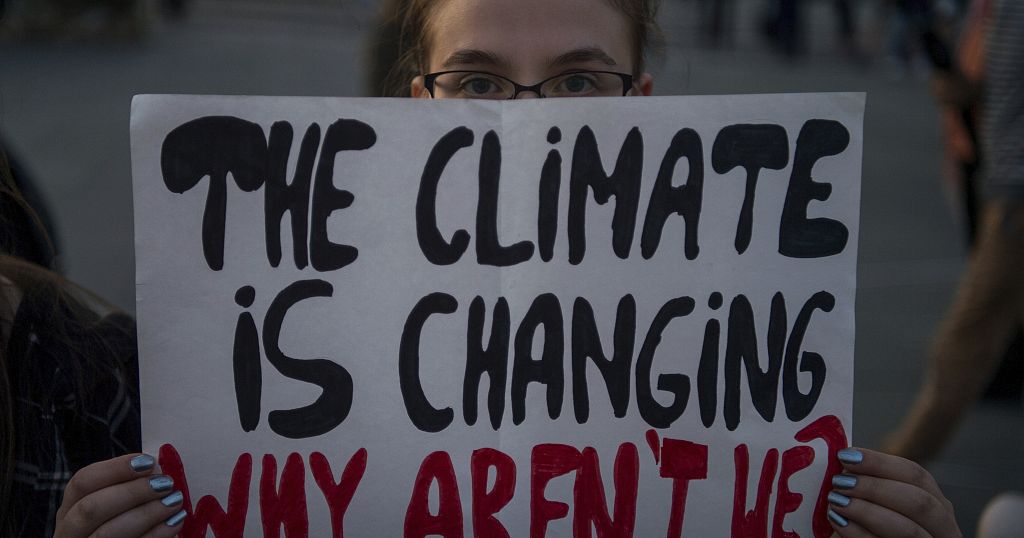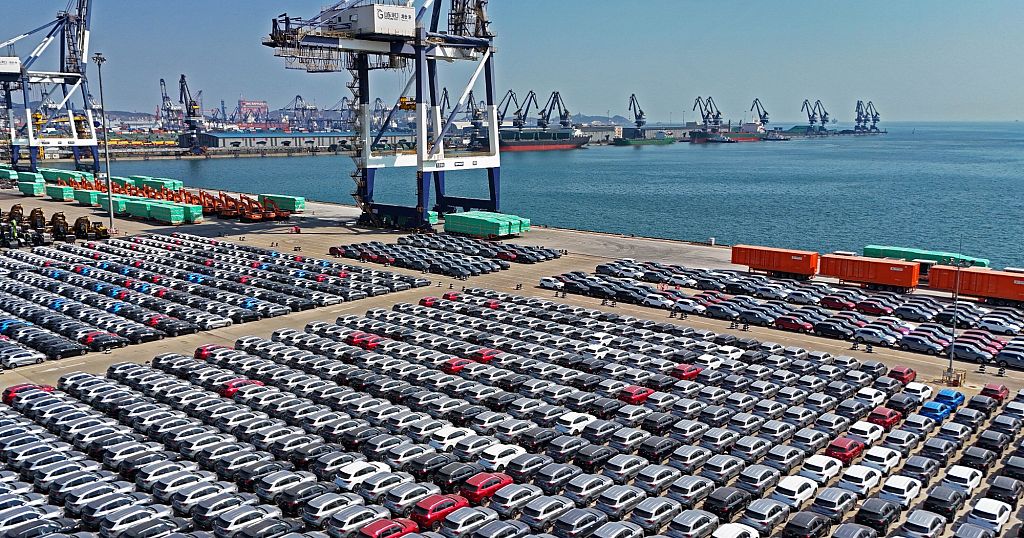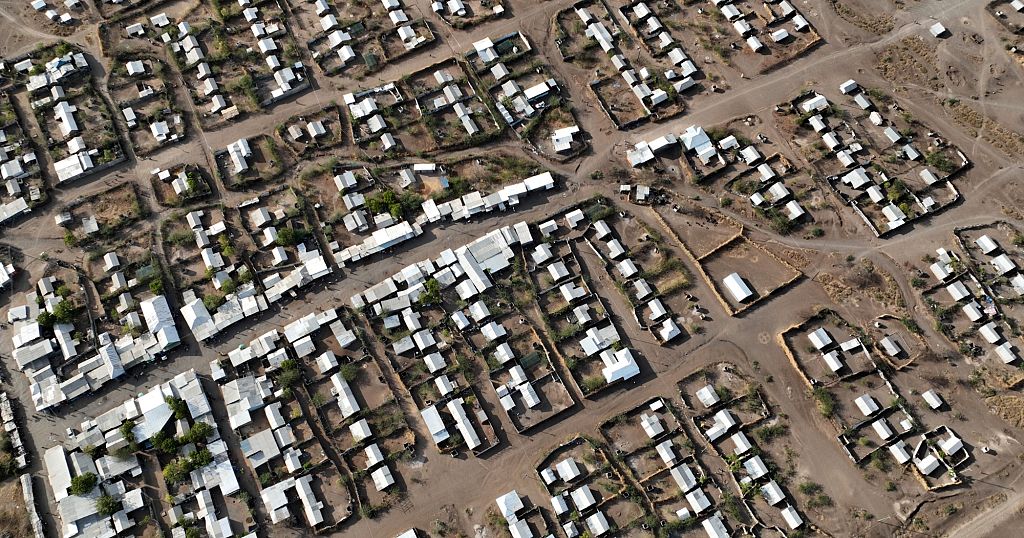2024 shows record heat driven by climate change

People around the world suffered an average of 41 extra days of dangerous heat this year because of human-caused climate change, according to a group of scientists who also said that climate change worsened much of the world’s damaging weather throughout 2024.
The analysis from World Weather Attribution and Climate Central researchers comes at the end of a year that shattered climate record after climate record as heat across the globe made 2024 likely to be its hottest ever measured and a slew of other fatal weather events spared few.
This year, Earth experienced some of the hottest days ever measured and its hottest-yet summer, with a 13-month heat streak that just barely broke.
To do its heat analysis, the team of volunteer international scientists compared daily temperatures around the globe in 2024 to the temperatures that would have been expected in a world without climate change. The results are not yet peer-reviewed, but researchers use peer-reviewed methods.
Some areas saw 150 days or more of extreme heat due to climate change.
This year was a warning that the planet is getting dangerously close to the Paris Agreement’s 1.5 degrees Celsius (2.7 degrees Fahrenheit) warming limit compared to the pre-industrial average, according to the scientists.
The researchers closely examined 29 extreme weather events this year that killed at least 3,700 people and displaced millions, and found that 26 of them had clear links to climate change.
The El Niño weather pattern, which naturally warms the Pacific Ocean and changes weather around the world, made some of this weather more likely earlier in the year.
But the researchers said most of their studies found that climate change played a bigger role than that phenomenon in fuelling 2024’s events. Warm ocean waters and warmer air fuelled more destructive storms, according to the researchers, while temperatures led to many record-breaking downpours.
Significantly more climate extremes could be expected without action, the United Nations Environment Programme said in the fall, as more planet-warming carbon dioxide has been sent into the air this year by burning fossil fuels than last year.
Source: Africanews















